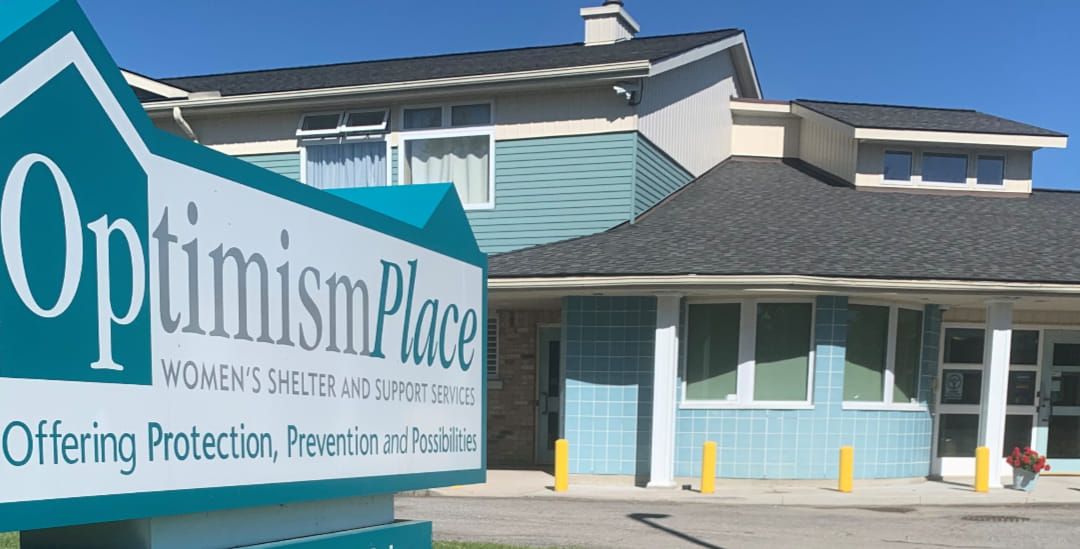Interview with Jasmine Clark
Ms Clark is the executor director of Optimism Place, the women’s shelter in Stratford, Ontario. I caught up with her recently to ask her how things are going during the Covid-19 crisis.
“Right now we’re in a good place,” Ms Clark said. “We’re into the recovery phase of our operations. We’re adapting.”
The shelter supports women in the city and across Perth County. It offers crisis counselling, necessities such as food and clothes, budget planning and referrals to lawyers, and other services. According to Ms Clark, all operations are running.
On a “typical” day, the shelter has beds for 17 women and children (counting cribs and cots). Ms Clark said there hasn’t been a surge in demand for space during the state of emergency. But she admitted that when she reviews the weekend logs for the crisis phone line, the calls from women are “more intense.” (I’ve left messages with the Stratford Police Services, requesting a report. No response.)
I asked Ms Clark if the shelter could take in more women and children if demand increases. Covid-19 is keeping people in confined spaces. Domestic violence could spike in the summer months. Her simple answer: no. In fact, Optimism Place has to do what’s done everywhere else: move people apart. She described the shelter’s set-up as “congregate” — lots of common areas. For now, she said, the shelter is restricting visitors and volunteers, and not allowing unrelated clients to share bedrooms. Will the shelter need to be re-designed or expanded? That’s a plan for later, she told me.
Ms Clark explained that throughout the pandemic crisis, Optimism Place staff, volunteers and board members have been nimble and quick to respond. To them, Covid-19 is simply one more problem to take on. (“We’re good at crises. That’s what we do every day.”) She’s been working with local government, funding organizations and emergency services to book back-up rooms at a local motel (“in case any clients or staff need to self-isolate”); her staff has been extra diligent about sanitizing the shelter, and they’ve “remained calm” in order to assure women that the shelter is steady.
The word “resilience” came up a couple of times during the interview. Ms. Clark said that it’s important to understand that abused women find ways to get to safety in order to get help from the shelter. They meet counsellors in public places in order to craft plans — escape plans. They call lawyers. They do everything they can to protect their children.
I asked Ms Clark, “What’s needed most at the women’s shelter these days? How can people help?” Her short answer: money. (“We had to cancel all of our fundraising events this year.”)
Readers who wish to donate dollars to Optimism Place can go here: optimismplace.com
(A quick note about another important service in Stratford-Perth County: ShelterLink. It serves young people who struggle with homelessness, mental illness and addictions. I contacted its executive director, Bev Hagedorn. She declined to answer my questions, explaining that she was too busy. Two months ago, she wrote to me to say ShelterLink needs cash.)
